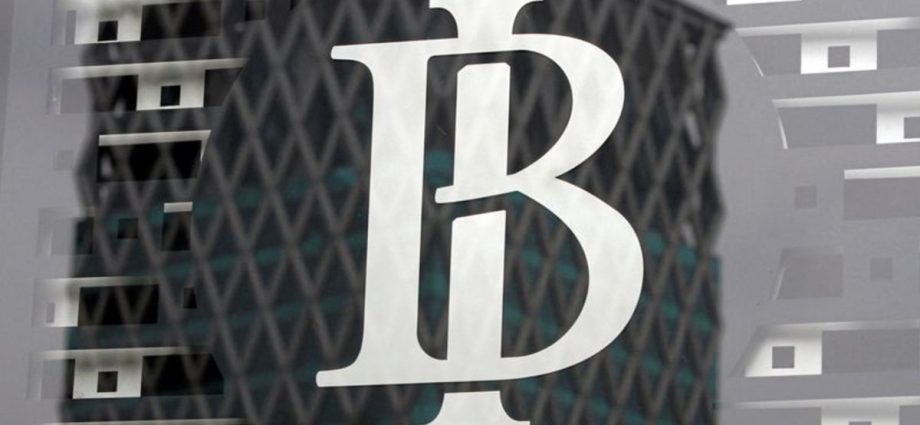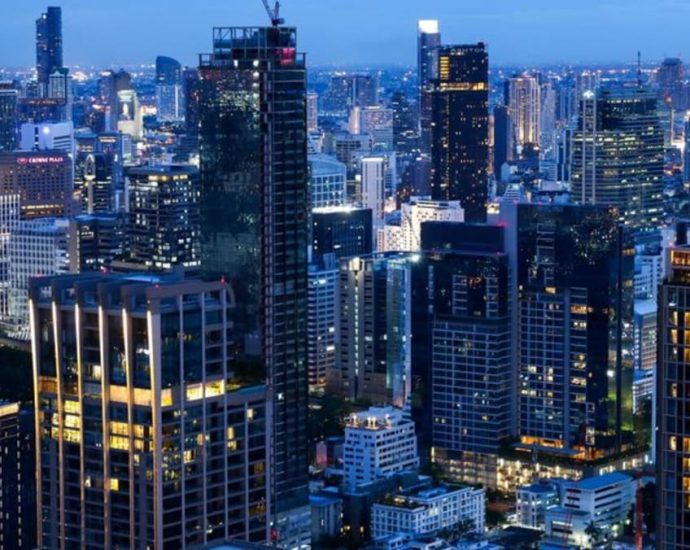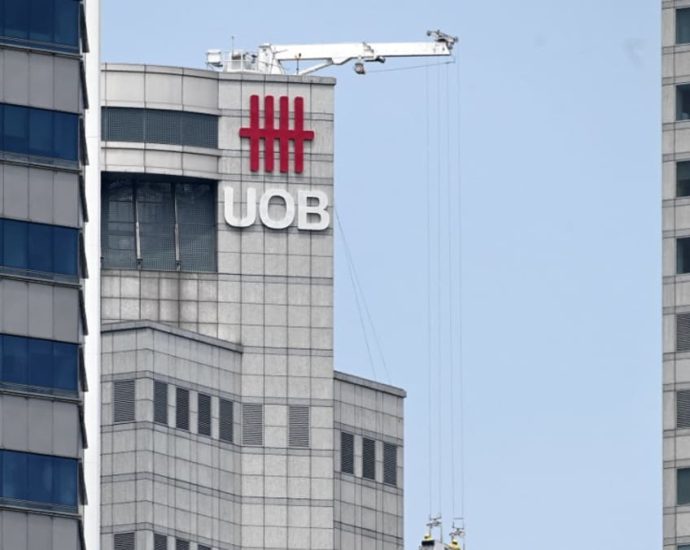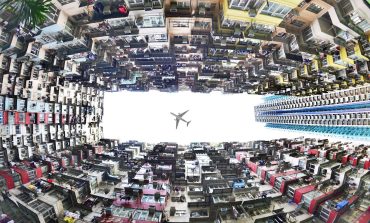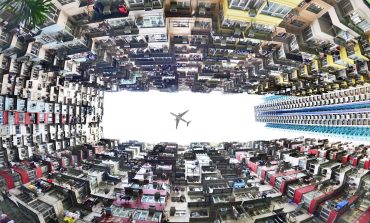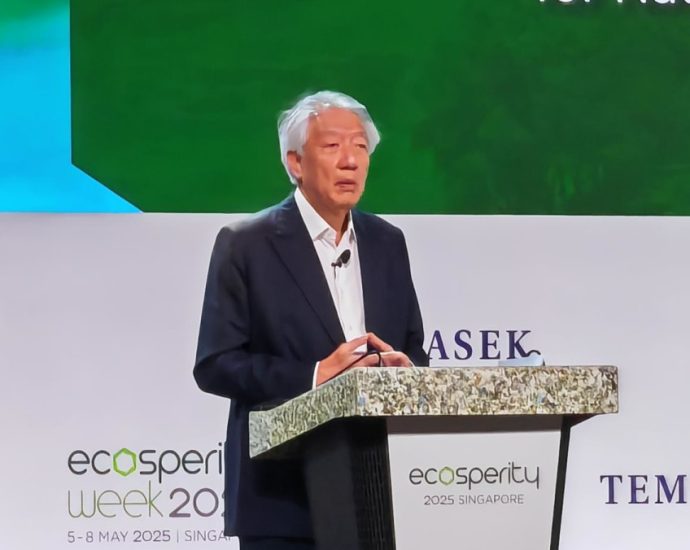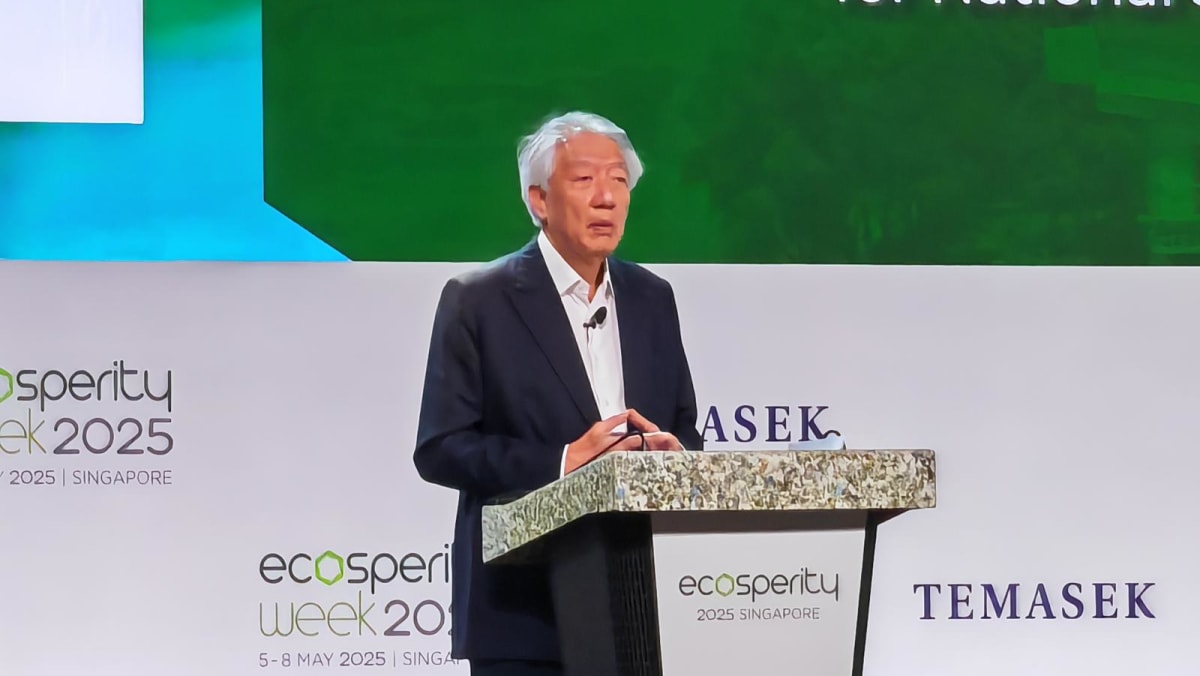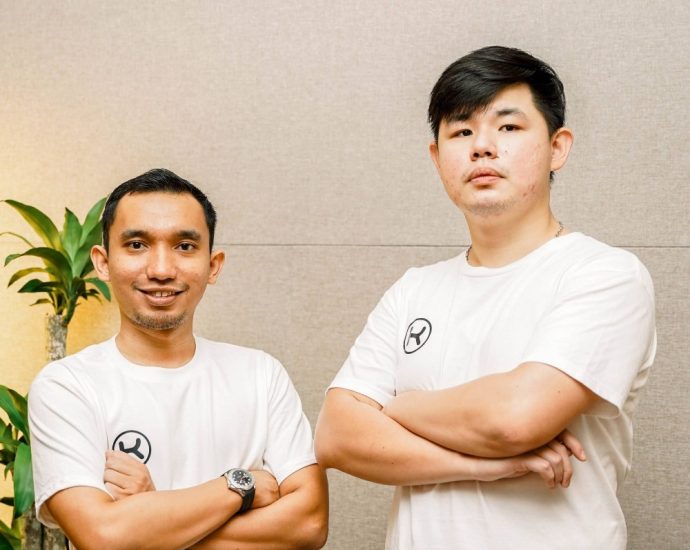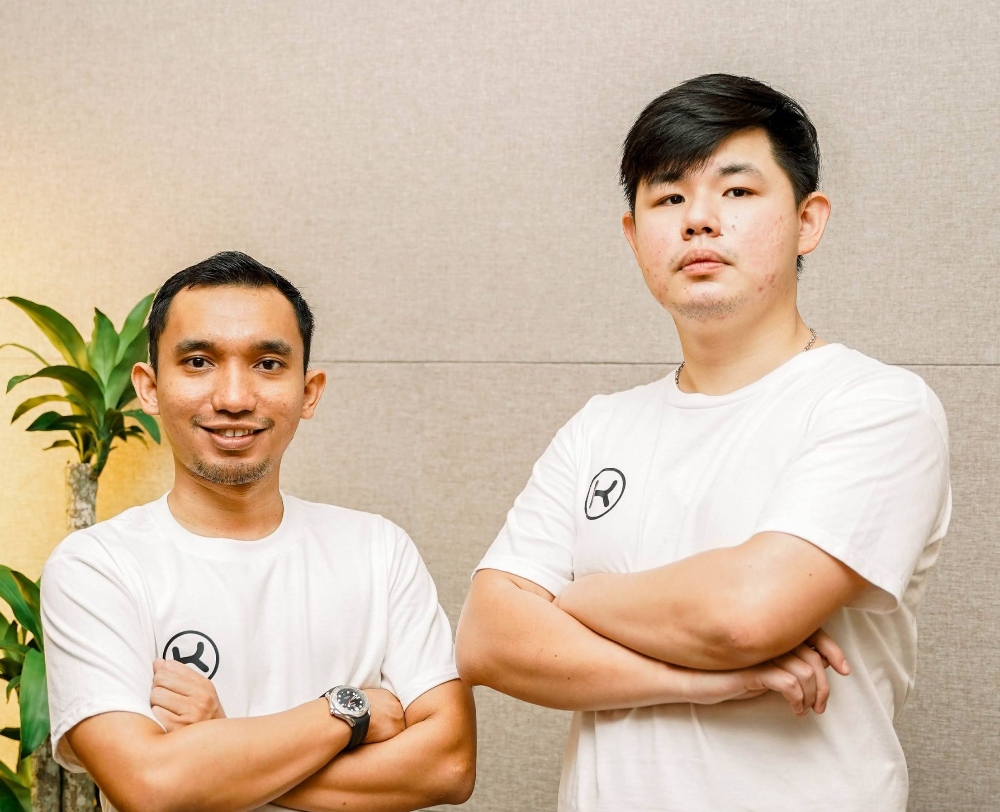Indonesia central bank seeks ‘balance’ between growth and price stability
A senior official said on Wednesday ( May 7 ) that Indonesia’s central bank is focused on promoting economic growth without compromising on price stability, including the exchange rate, as the rupiah weakened once more amid rising tensions between India and Pakistan. The central banks will try to strike theContinue Reading

